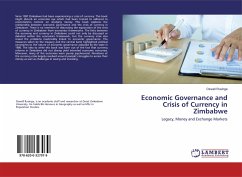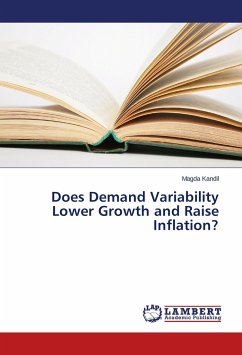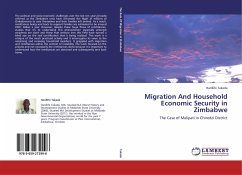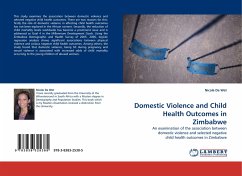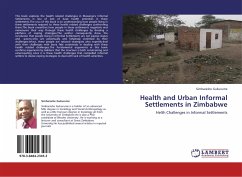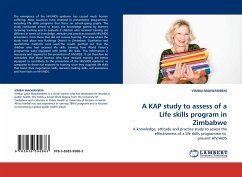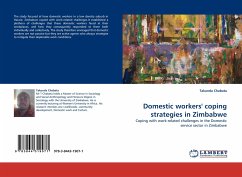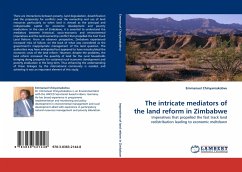Since 1997 Zimbabwe had been experiencing a crisis of currency. This book might disturb an economic eye which had been trained to adhered to econometrics content on studying money. This book explores the relationship between economic governance and the crisis of currency in Zimbabwe. There is no intention of distracting the exploration of the crisis of currency in Zimbabwe from economics frameworks. The links between the economy and currency in Zimbabwe could not only be discussed or debated within the economics framework, but the currency crisis also reveal the problems inextricably linked to economic governance. The measures taken by the treasury and the central bank highlighted political constraints to the nature of economic governance adopted by the state in 1980. The idea to write this book was born out of the fact that currency reforms in Zimbabwe did not always yield intended economic outcomes. Moreover, many of the outcomes were purely psychosocial. Narratives of the currency crisis largely revolved around people's struggles to access their money as well as challenges in saving and investing.
Bitte wählen Sie Ihr Anliegen aus.
Rechnungen
Retourenschein anfordern
Bestellstatus
Storno

